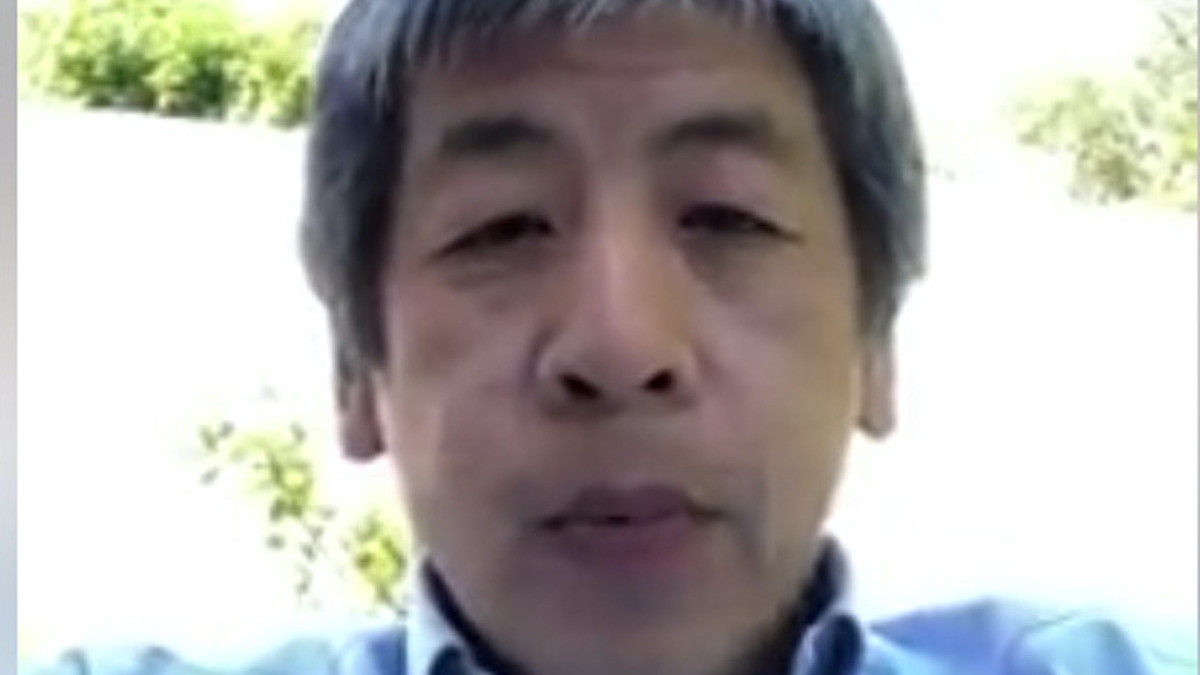The Center for Strategic and International Studies (CSIS) hosted a discussion of Tai Ming Cheung's new book, titled "Innovate to Dominate: The Rise of the Chinese Techno-Security State" live on Nov. 29. The book explores the Chinese government's efforts to utilize technological innovation to help China become a global techno-superpower.
Jude Blanchette, freeman chair in China Studies at CSIS, who moderated the discussion, asked Cheung to speak about the state of China’s techno security state that’s the subject of his book.
“The domestic dimensions of security have become the domestic stub of stability, sort of internal security,” Cheung said. “Previously that was separated for conceptual reasons, but also for bureaucratic reasons. You don't want an all-encompassing security system that deals with both external and domestic. At the core, it’s also about political security because it ensures the survival and the stability of the Communist Party, and that's the central part. Then there’s people security. We have to also take care of the population. And because of this, we have to very much integrate national security. Because of this, the key part of his concept of his implementation of this notion of the holistic circularity concept is that today, we need new organs, we need a very drastic redesign of the national security system.”
Cheung is the director of the UC Institute on Global Conflict and Cooperation (IGCC), as well as a professor at the school, according to the UC San Diego website. Cheung heads the IGCC's Study of Technology and Innovation, which examines China's relationship between technology and national security. He published a book titled "Fortifying China: The Struggle to Build a Modern Defense Economy" in 2009 and edited a book titled “Forging China’s Military Might: A New Framework for Assessing Innovation." He also previously worked as a correspondent for the Far Eastern Economic Review.
Blanchette is the freeman chair in China Studies at CSIS, as well as a senior advisor at Virginia-based Martin+Crumpton Group, a geopolitical risk advisory organization. Blanchette previously worked as engagement director at The Conference Board’s China Center for Economics and Business, which is based in Beijing. His work has been published by publications including Foreign Affairs, Foreign Policy and the Wall Street Journal. Oxford University Press published his book, titled "China’s New Red Guards: The Return of Radicalism and the Rebirth of Mao Zedong" in 2019.

